Home>Garden Essentials>How Many Days For Marigolds To Germinate
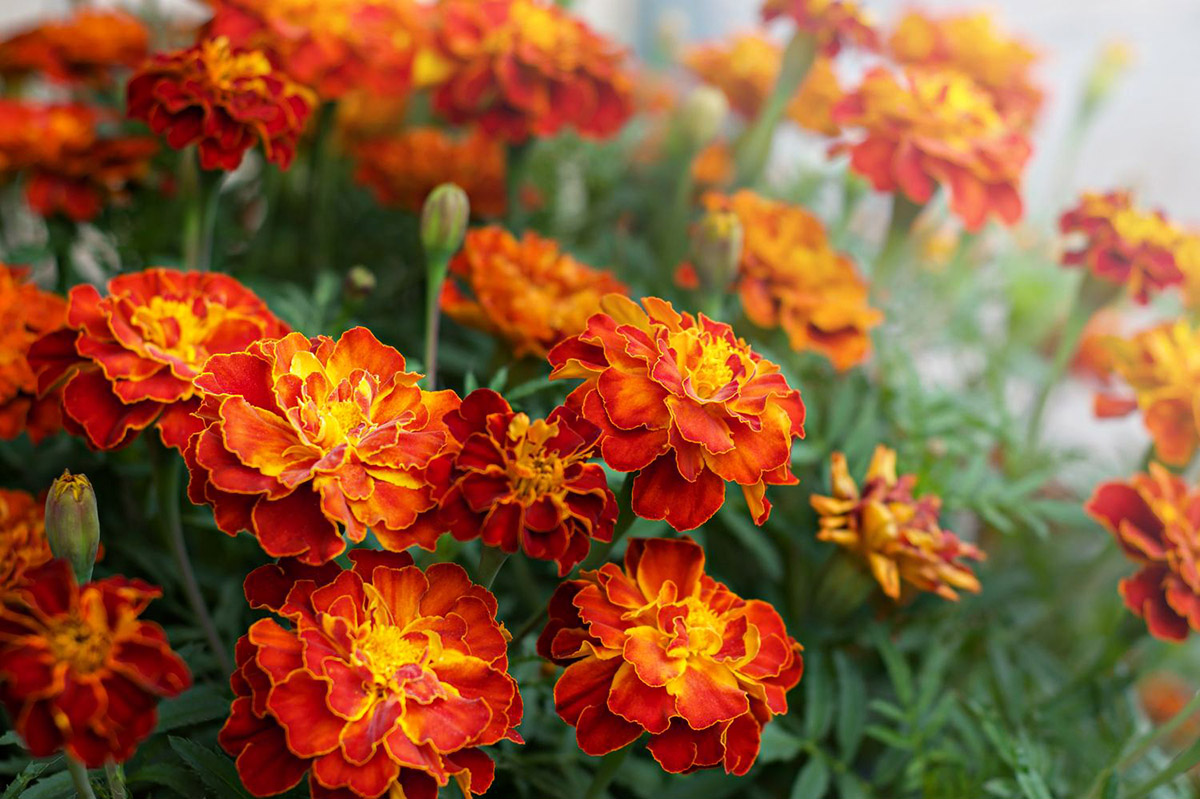

Garden Essentials
How Many Days For Marigolds To Germinate
Modified: March 15, 2024
Discover how long it takes for marigolds to germinate in your garden. Gain insights on the germination process and start growing beautiful blooms!
(Many of the links in this article redirect to a specific reviewed product. Your purchase of these products through affiliate links helps to generate commission for Storables.com, at no extra cost. Learn more)
Introduction
Marigolds are beautiful and vibrant flowers that are popularly grown in gardens. They are known for their bright colors and strong scent, making them a favorite choice for many gardeners. If you are planning to grow marigolds in your garden, it’s important to understand the germination process and how long it takes for the seeds to sprout.
In this article, we will explore the factors that affect the germination rate of marigold seeds and the average time it takes for them to germinate. We will also provide some tips and techniques to help you promote germination and successfully grow marigolds in your garden.
So, let’s dive in and discover how many days it takes for marigolds to germinate!
Key Takeaways:
- Marigold seeds typically take 7 to 14 days to germinate, but factors like temperature and moisture can affect the process. Providing optimal conditions and care can speed up germination.
- To promote marigold seed germination, use fresh seeds, pre-soak them, maintain consistent temperature and moisture, and ensure proper light exposure. Patience and ongoing care are key for successful growth.
Read more: How Many Days For Yarrow To Germinate
Factors That Affect Germination Rate
The germination rate of marigold seeds can be influenced by various factors. Understanding these factors is crucial for successful germination and healthy plant growth. Here are some key factors that can impact the germination rate of marigolds:
- Temperature: Marigold seeds require consistent temperatures between 65°F and 75°F (18°C and 24°C) to germinate effectively. Cooler temperatures can delay germination, while higher temperatures may hinder it.
- Moisture: Adequate moisture is essential for germination. Marigold seeds need to be kept consistently moist, but not overly saturated, to ensure successful sprouting. Avoid letting the soil dry out completely.
- Light: Marigold seeds require light to germinate, so it’s important to ensure they are not buried too deep in the soil. A thin layer of soil or vermiculite is enough to cover the seeds while still allowing light to reach them.
- Soil Quality: The quality of the soil can greatly impact germination. Marigolds prefer well-draining soil with a pH level between 6.0 and 7.5. A nutrient-rich soil with good organic matter content will provide a favorable environment for germination.
- Seed Quality: Using high-quality, fresh marigold seeds enhances the chances of successful germination. It’s important to purchase seeds from reputable sources to ensure their viability.
- Seed Depth: Marigold seeds are small and should be sown shallowly. Planting them too deep can hinder germination. A depth of 1/4 to 1/2 inch (6 to 12 mm) is sufficient for proper germination.
- Seed Treatment: Some gardeners choose to pre-soak marigold seeds before planting to help soften the seed coat and promote germination. This technique can be beneficial, especially for older seeds or those with hard seed coats.
By paying attention to these factors and creating optimal conditions for germination, you can significantly improve the germination rate of your marigold seeds. Now, let’s explore how long it typically takes for marigold seeds to germinate.
Average Germination Time for Marigolds
The germination time for marigold seeds can vary depending on the specific variety and environmental conditions. On average, marigold seeds typically take about 7 to 14 days to germinate, but it can sometimes take up to 21 days for them to sprout.
It’s important to note that germination time can be influenced by factors such as temperature, moisture, and seed quality. Optimal conditions and proper care can help speed up the germination process.
Marigold seeds are relatively quick to germinate compared to some other flower seeds, making them a popular choice for gardeners who are looking for fast results. The germination process starts with the absorption of water, which triggers cellular activity and leads to the growth of a root radicle. This is followed by the emergence of the shoot above the soil surface.
To ensure successful germination, it’s important to provide the seeds with consistent moisture, adequate light, and ideal temperature conditions. Maintaining a temperature range of 65°F to 75°F (18°C to 24°C) is optimal for marigold seed germination.
While the average germination time for marigold seeds is within the 7 to 14-day range, it’s important to be patient and monitor the progress of the seeds. Factors such as soil quality, seed depth, and individual seed viability can also impact the time it takes for the seeds to sprout.
Once the marigold seeds have germinated, it’s essential to provide them with proper care, including regular watering, adequate sunlight, and protection from extreme weather conditions.
Now that we’ve explored the average germination time for marigolds, let’s move on to some tips to help promote germination and increase the success rate of growing these vibrant flowers in your garden.
Marigold seeds typically germinate in 5-7 days when planted in well-draining soil and kept consistently moist. Providing warmth and light can also help speed up the germination process.
Tips for Promoting Germination
If you’re eager to see your marigold seeds sprout quickly and successfully, here are some tips to help promote germination:
- Start with fresh seeds: Ensure that you use fresh marigold seeds purchased from a reputable source. Fresh seeds have higher germination rates compared to older ones.
- Pre-soak the seeds: Consider pre-soaking the marigold seeds in water for a few hours before planting. This helps soften the seed coat and can speed up germination for seeds with hard shells.
- Provide optimal temperature: Marigold seeds thrive in temperatures between 65°F and 75°F (18°C and 24°C). Make sure to maintain a consistent temperature range to promote quicker and healthier germination.
- Pay attention to moisture: Keeping the soil consistently moist is crucial for successful germination. However, avoid overwatering, as excessive water can cause the seeds to rot. Water the soil gently and regularly to maintain the moisture level.
- Light exposure: Marigold seeds require light for germination. Avoid burying the seeds too deeply in the soil. Instead, lightly cover them with a thin layer of soil or vermiculite, allowing enough light to reach the seeds.
- Use quality soil: Plant marigold seeds in well-draining soil with a pH level between 6.0 and 7.5. Good soil quality provides the necessary nutrients and a conducive environment for germination.
- Provide proper spacing: When planting marigold seeds, ensure adequate spacing between them to allow for proper air circulation and prevent overcrowding. This promotes healthier growth and reduces the risk of diseases.
- Protect from extreme conditions: Shield the seeds from extreme temperatures, frost, and heavy rainfall, as these can negatively impact germination. Consider using protective covers, cloths, or hoop houses to create a favorable microclimate for the seeds.
- Monitor progress: Regularly check the soil moisture level, inspect for any signs of germination, and make adjustments as needed. Patience is key, as germination can take time.
By following these tips, you can enhance the germination rate and increase the chances of successful growth for your marigold seeds. Remember to provide ongoing care after germination, including proper watering, fertilization, and protection from pests or diseases.
Now that you have a better understanding of how to promote germination, it’s time to get started and witness the beautiful transformation of marigold seeds into vibrant flowers in your garden!
Conclusion
Growing marigolds in your garden can add a burst of color, fragrance, and beauty to your outdoor space. Understanding the germination process and factors that affect it is essential for successfully growing these vibrant flowers.
In this article, we explored the average germination time for marigold seeds, which typically ranges from 7 to 14 days, although it can take up to 21 days in some cases. We learned that factors such as temperature, moisture, light, soil quality, and seed treatment can have a significant impact on the germination rate.
To promote germination, it’s important to start with fresh, high-quality seeds and provide them with the optimal conditions. Pre-soaking the seeds, maintaining a consistent temperature, providing adequate moisture, ensuring proper light exposure, and using quality soil are some of the key steps to take.
Additionally, protecting the seeds from extreme weather conditions and monitoring their progress are critical for successful germination. By following these tips and techniques, you can increase the chances of your marigold seeds sprouting and thriving.
Remember, gardening requires patience and care. While waiting for your marigold seeds to germinate, continue to provide the necessary attention, including regular watering, proper spacing, and protection from potential threats.
Now that you have a deeper understanding of the germination process and how to promote it, it’s time to put your newfound knowledge into action. Plant your marigold seeds, be patient, and soon you’ll be rewarded with a dazzling display of colorful marigold flowers that will brighten your garden.
Happy gardening!
Frequently Asked Questions about How Many Days For Marigolds To Germinate
Was this page helpful?
At Storables.com, we guarantee accurate and reliable information. Our content, validated by Expert Board Contributors, is crafted following stringent Editorial Policies. We're committed to providing you with well-researched, expert-backed insights for all your informational needs.
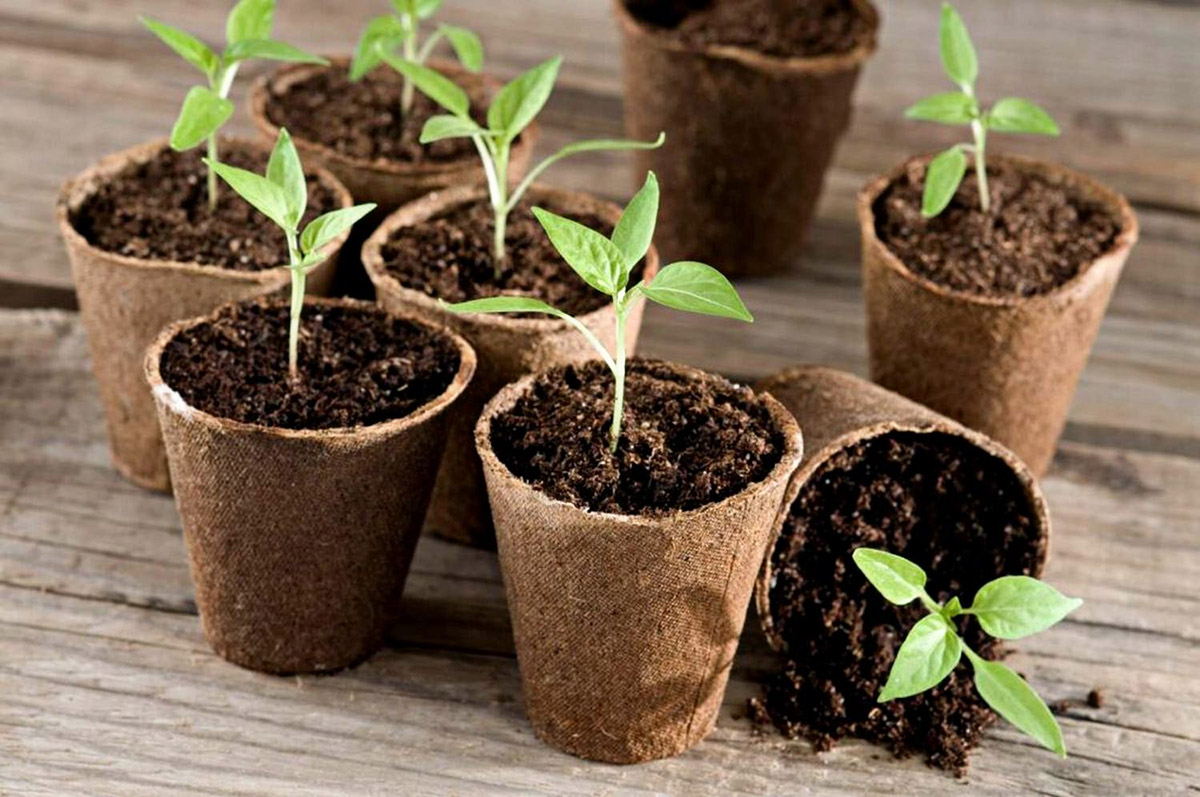
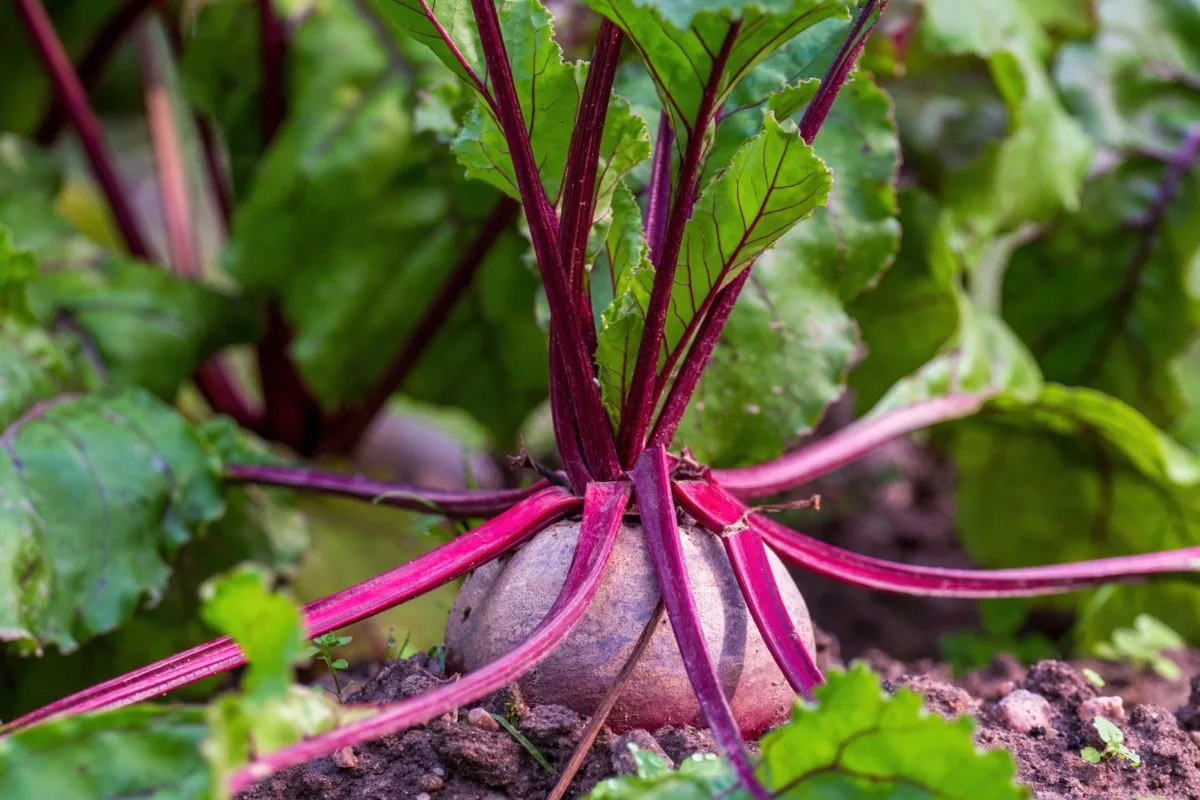
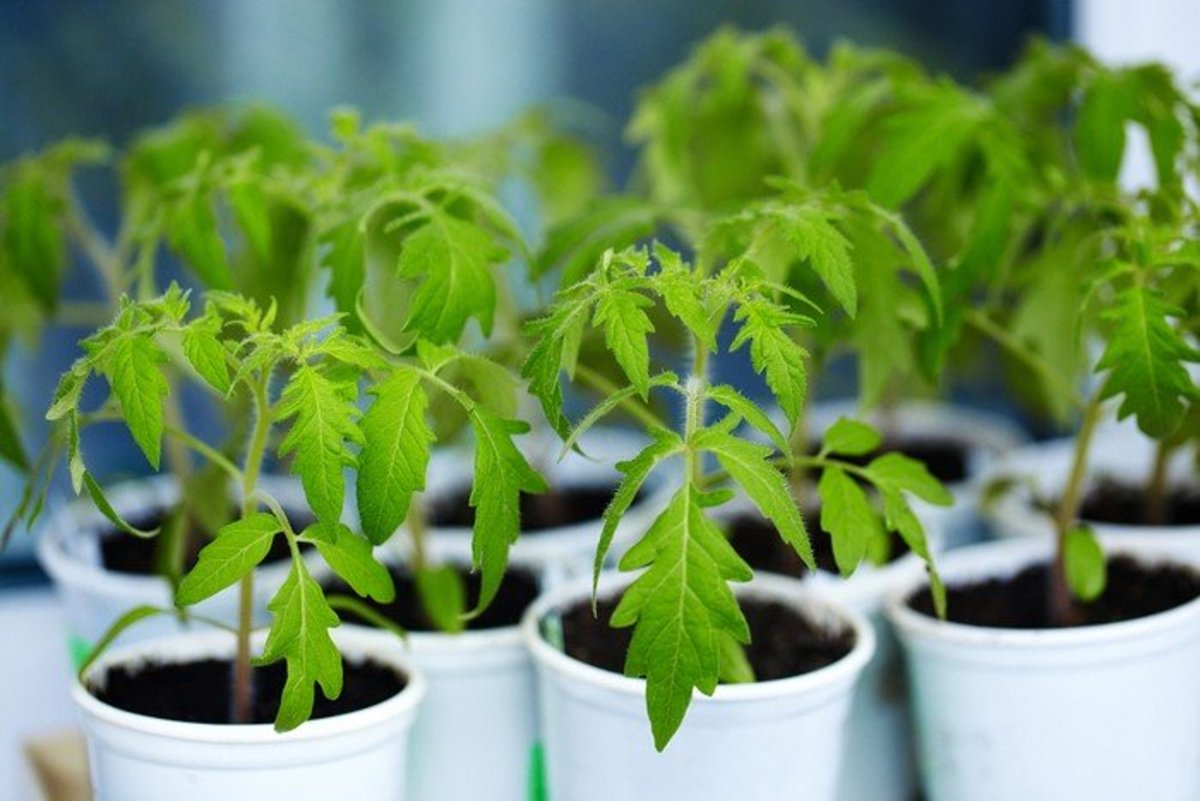
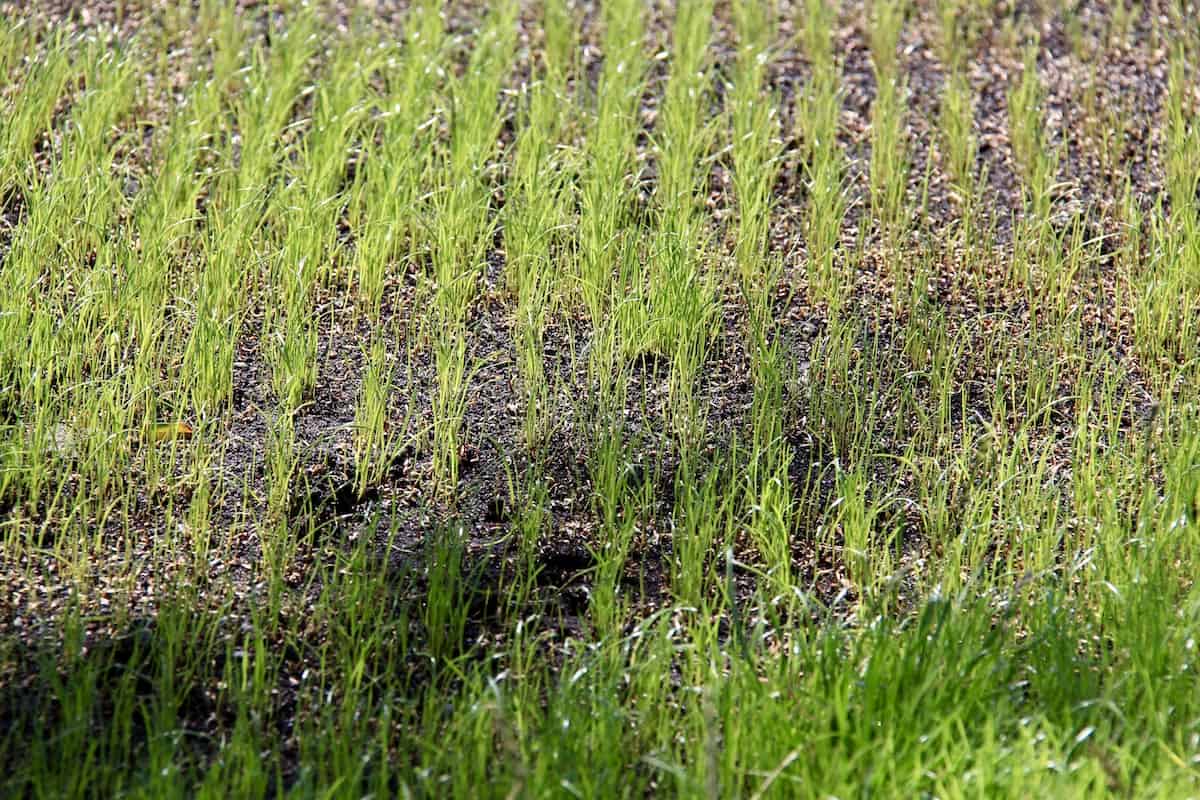
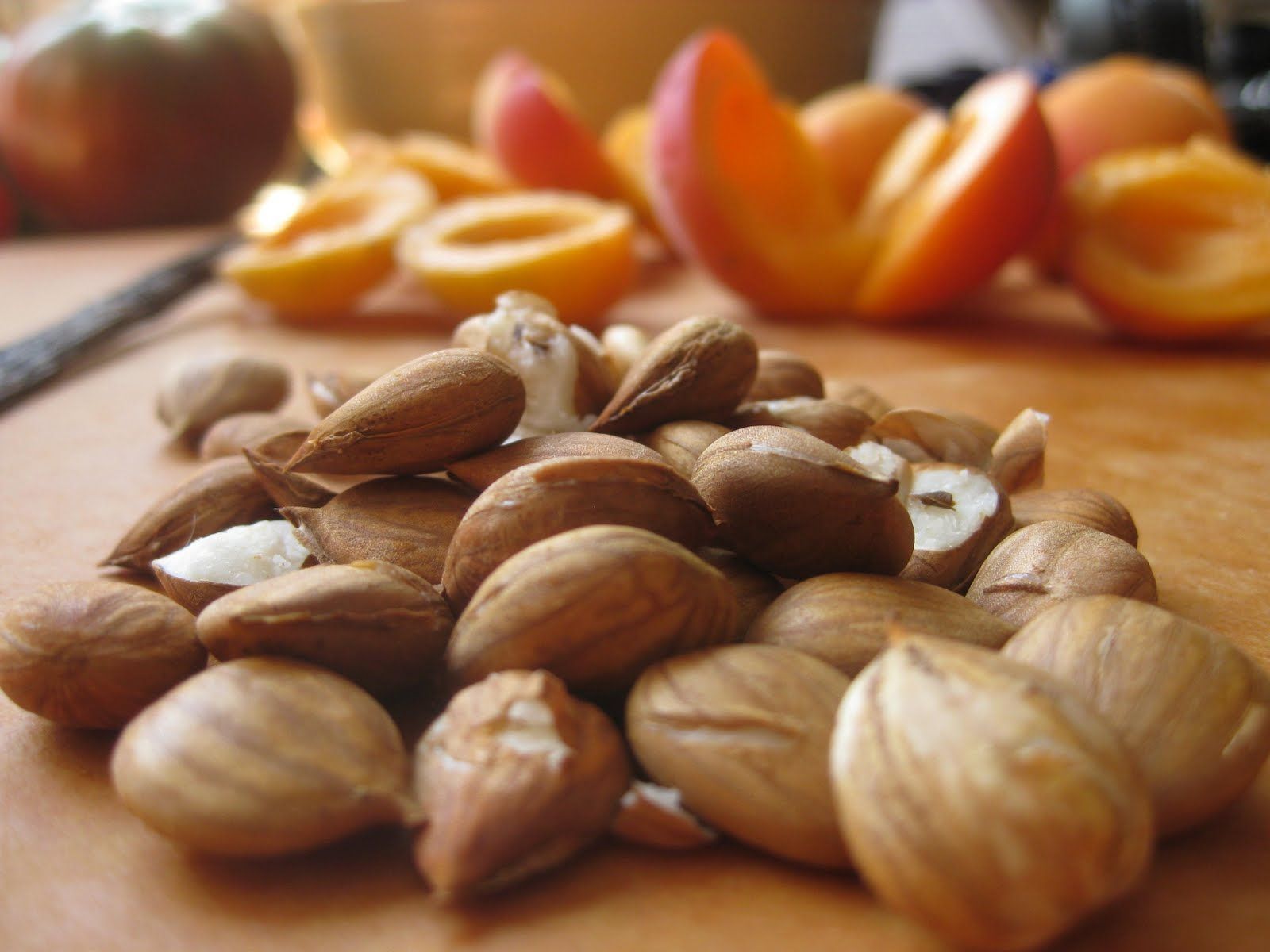

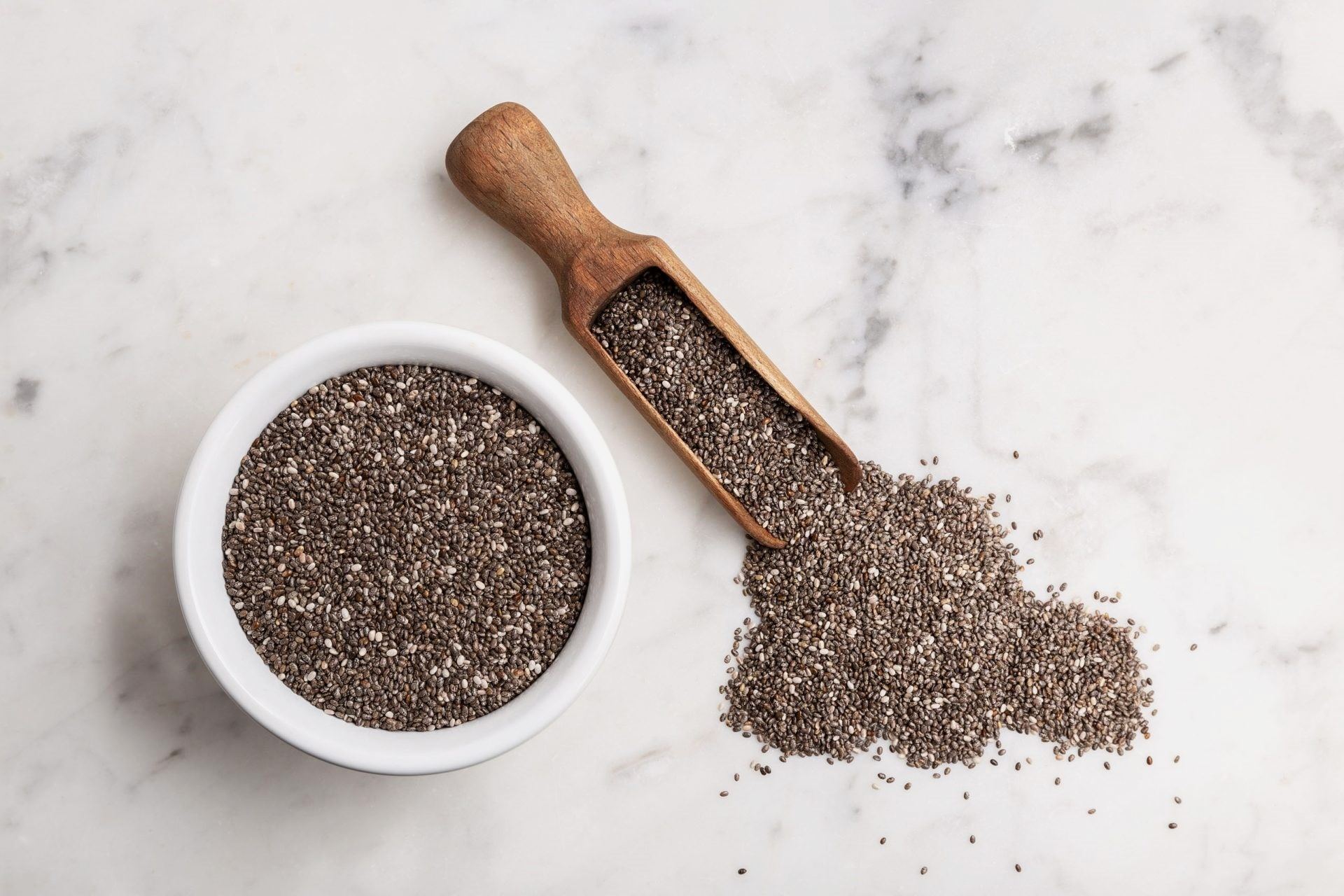
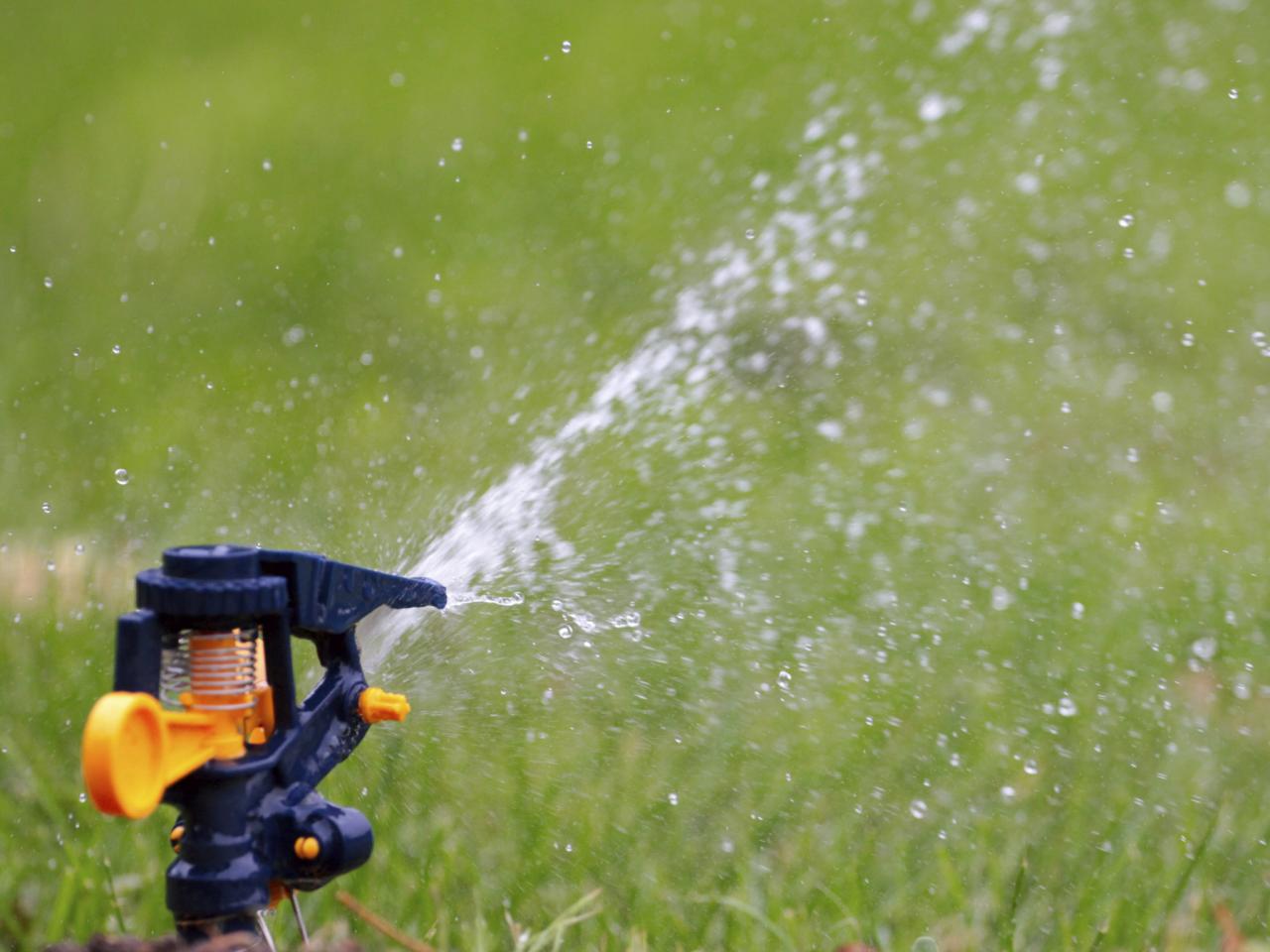
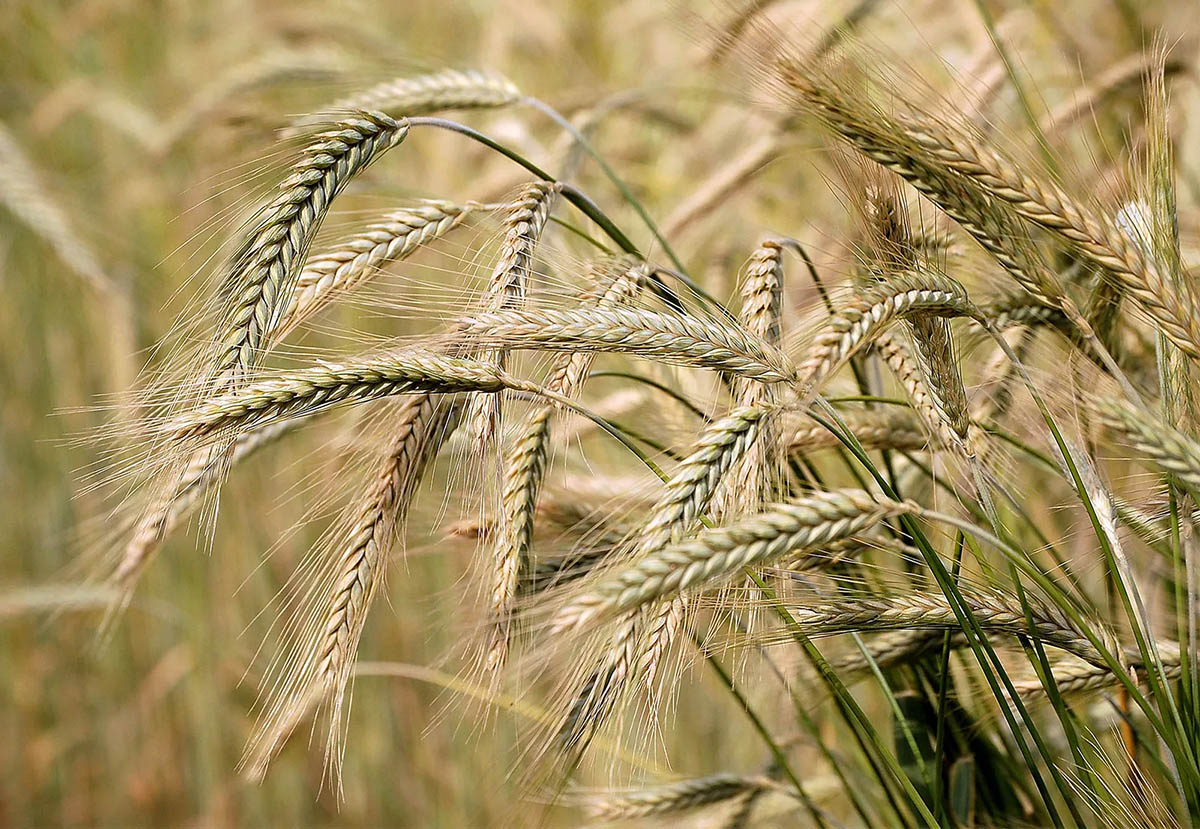
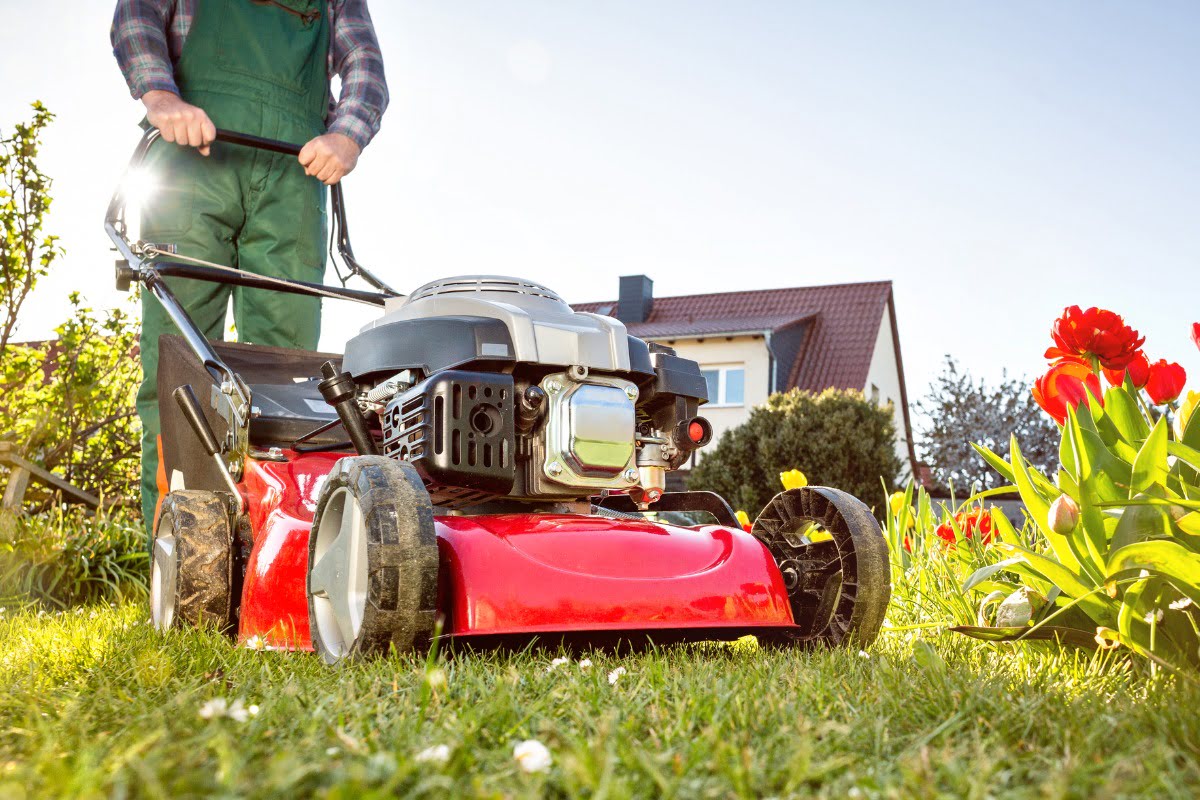
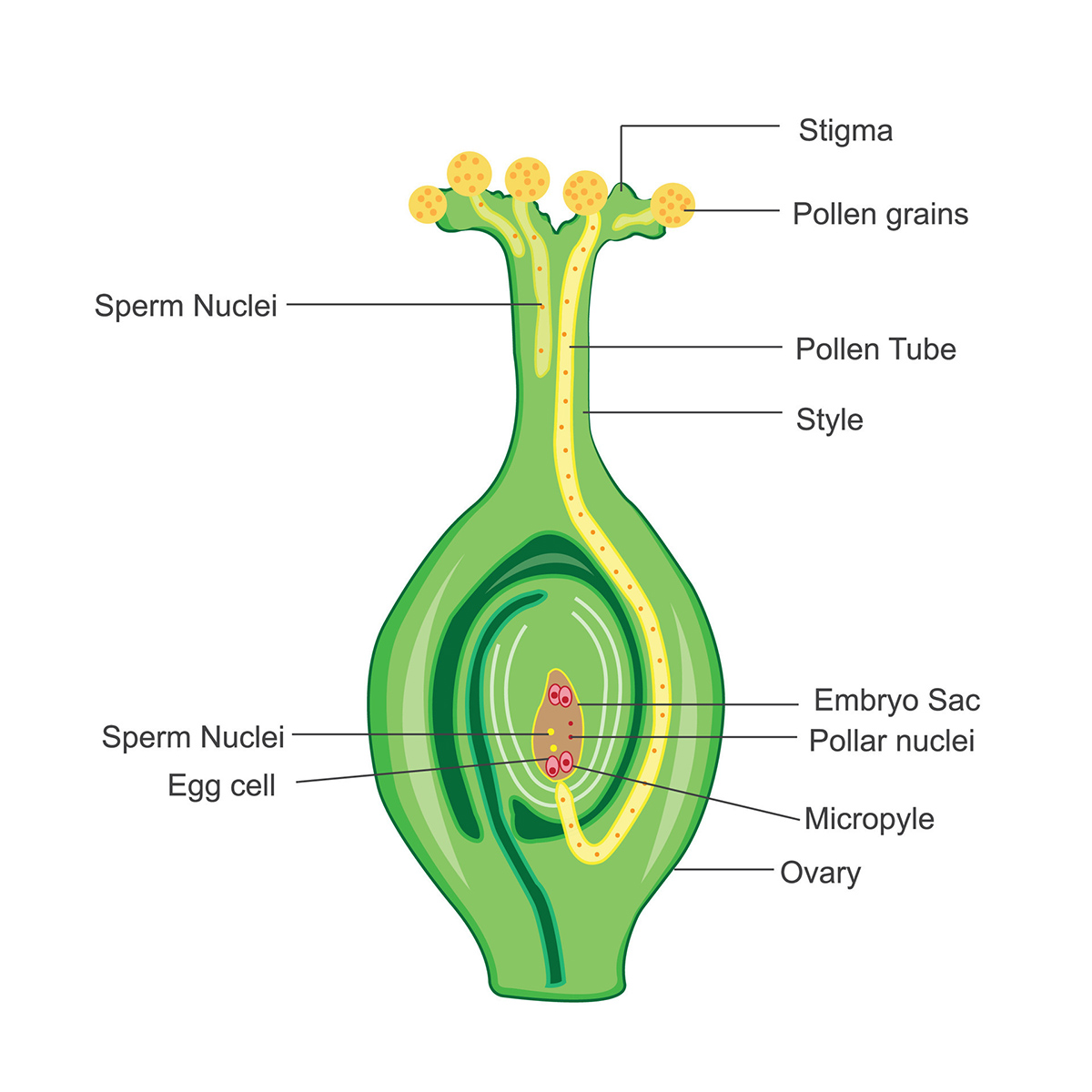
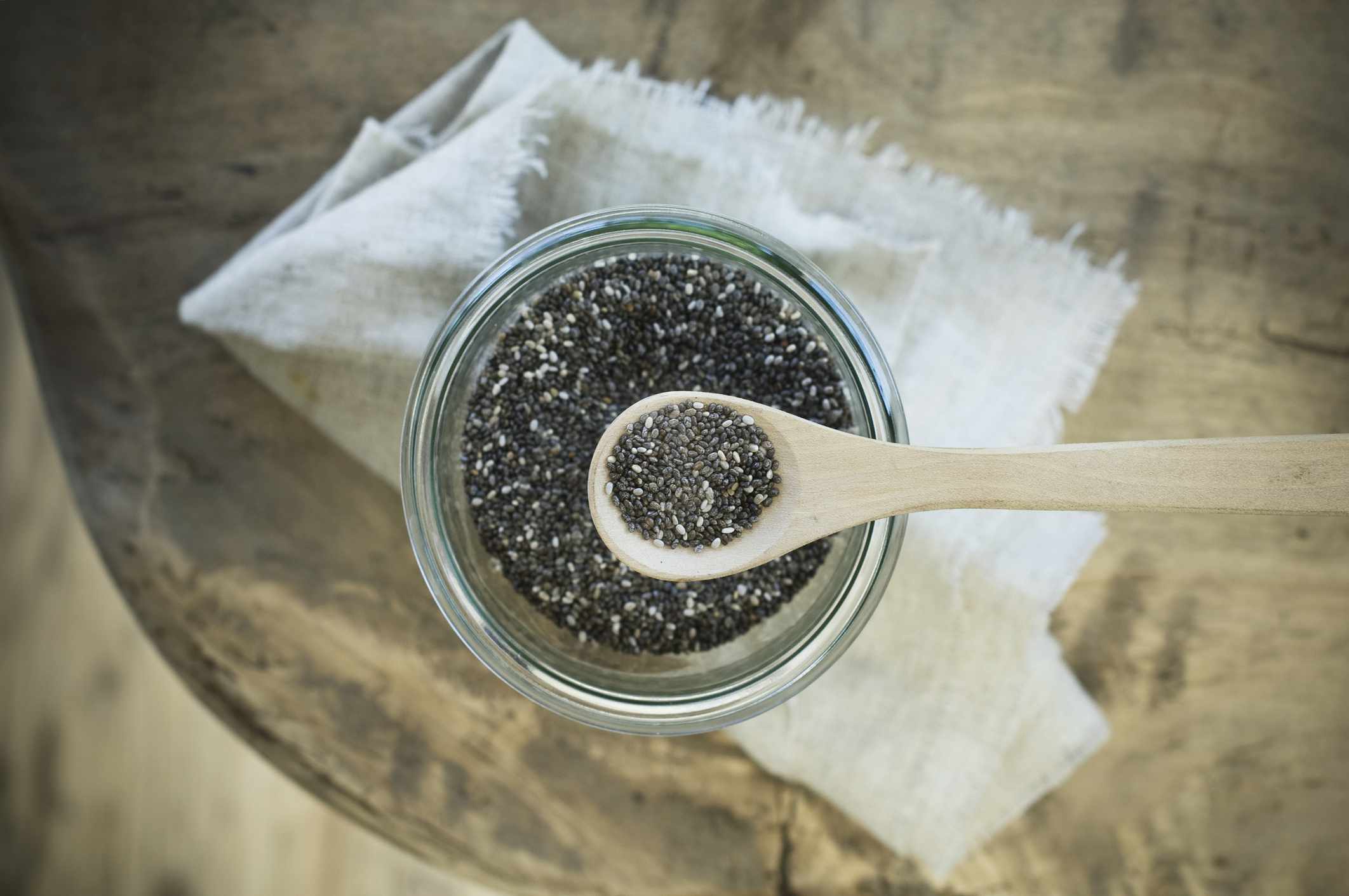
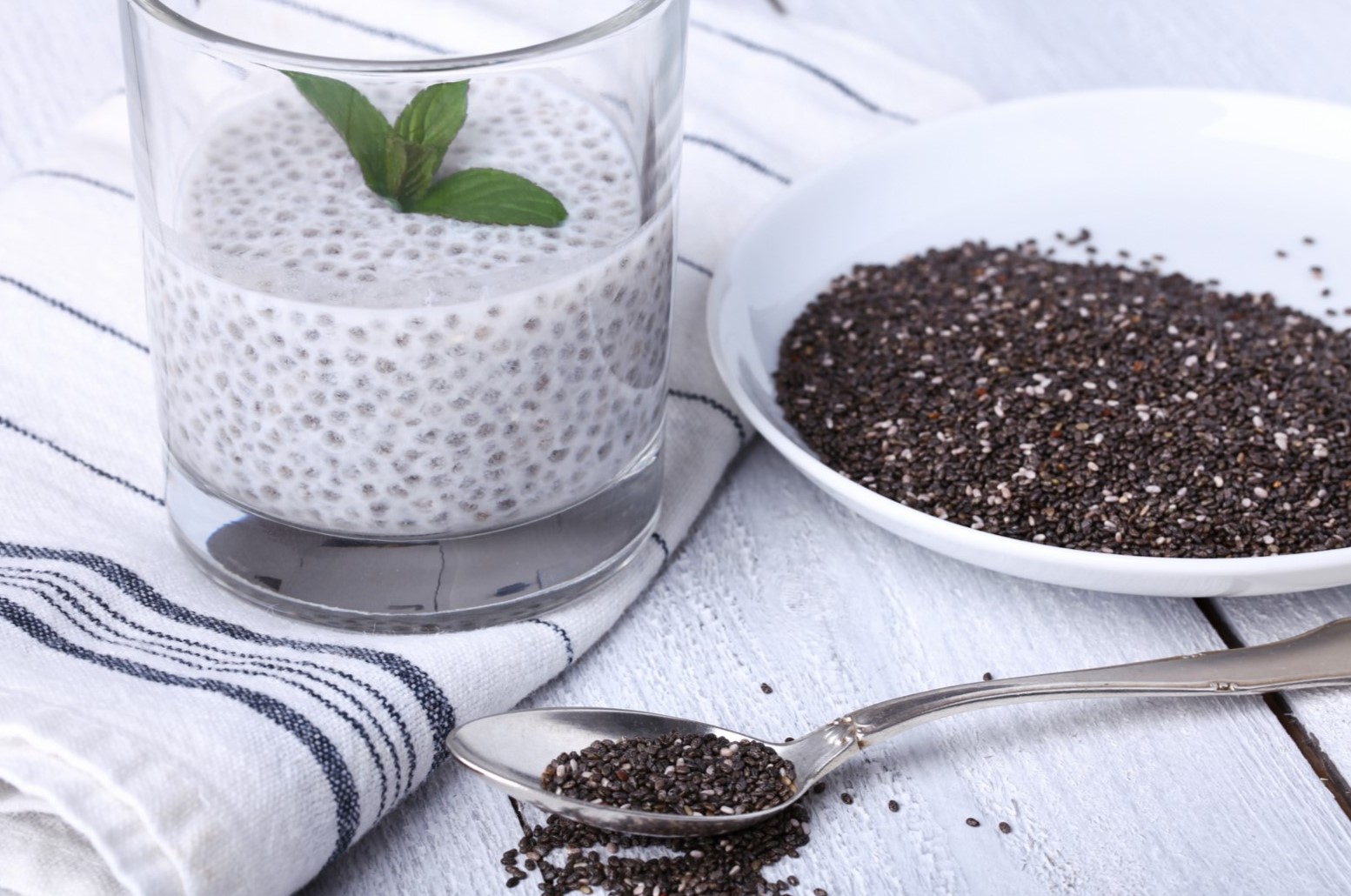
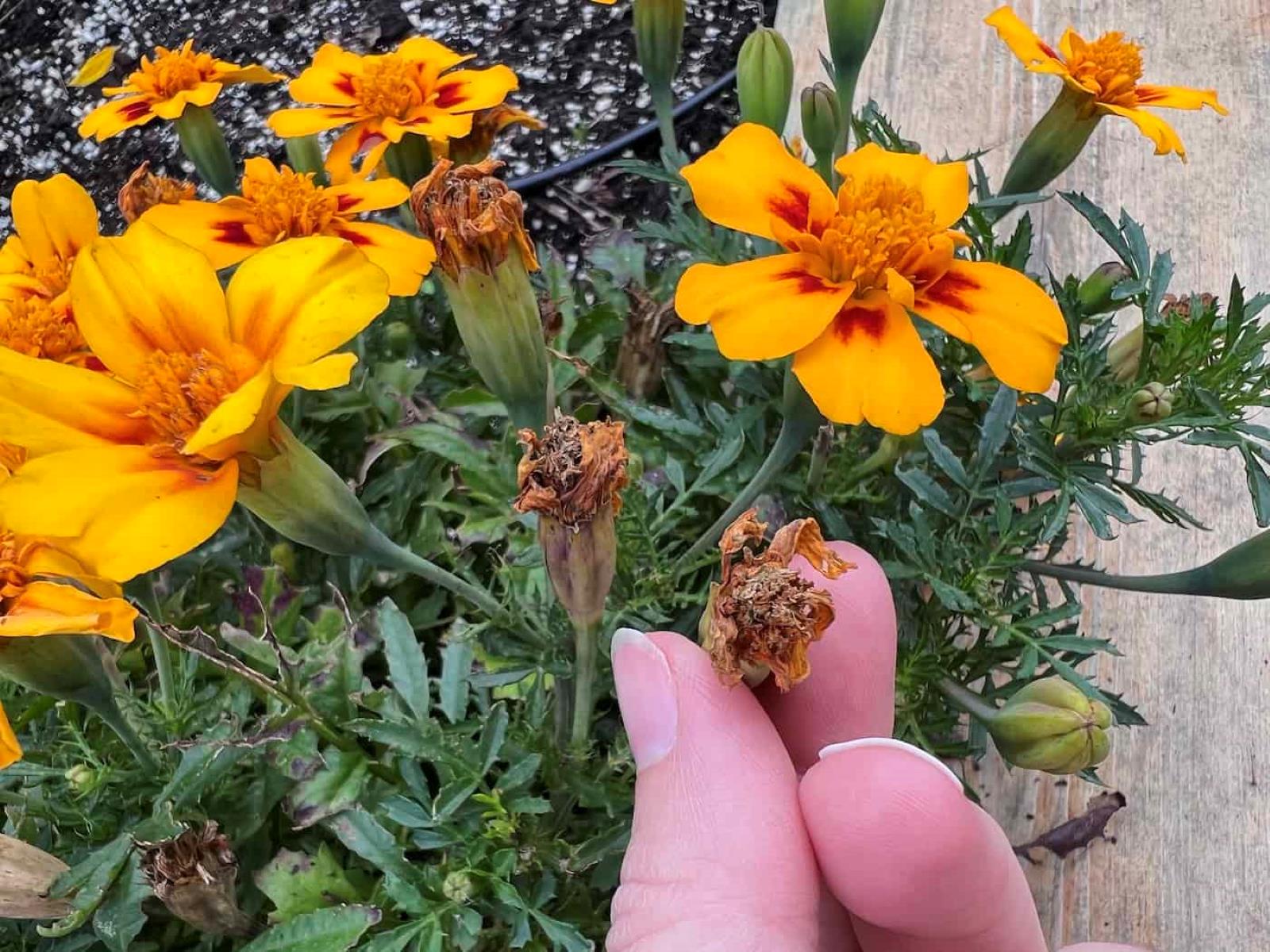
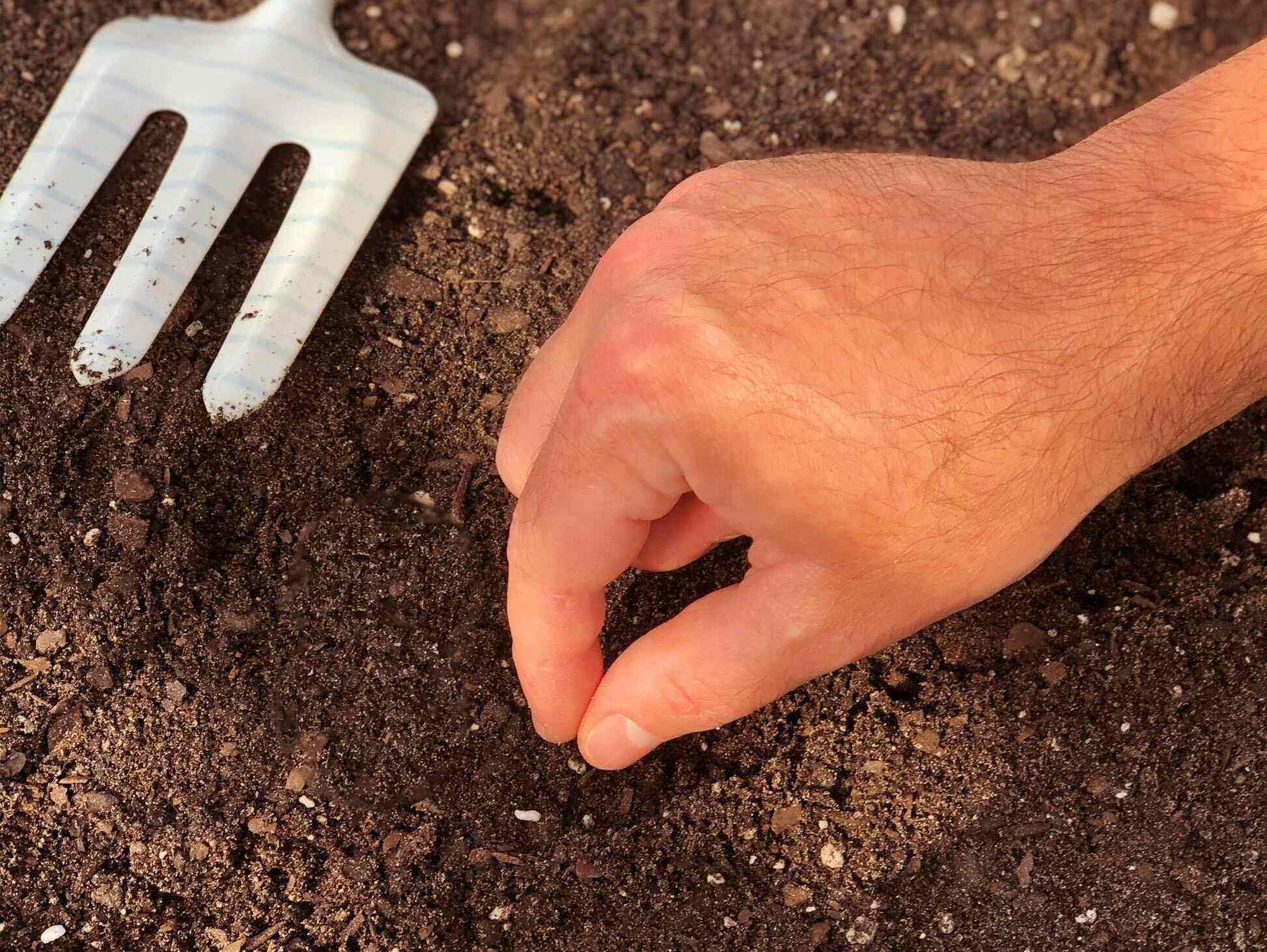

0 thoughts on “How Many Days For Marigolds To Germinate”